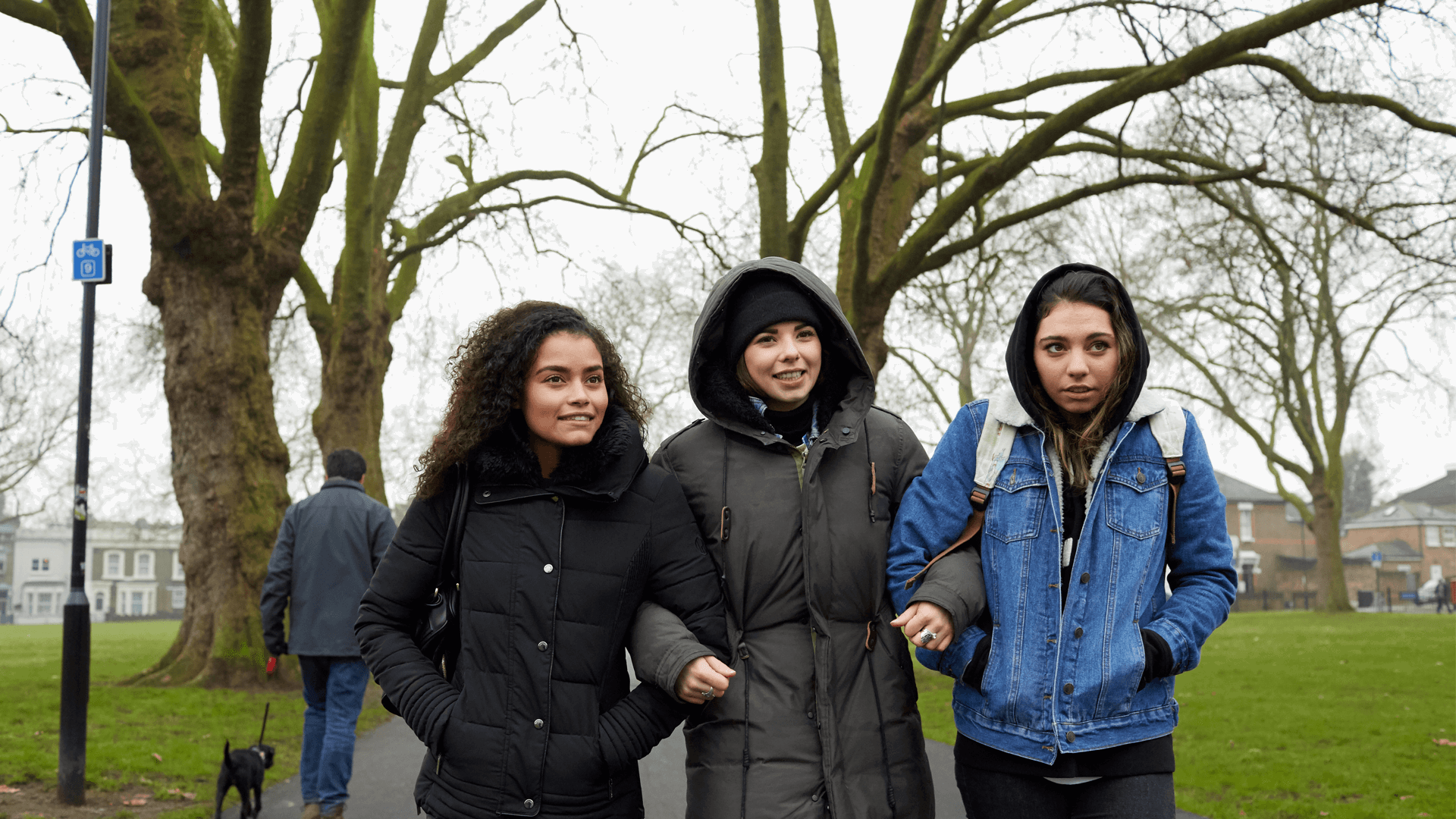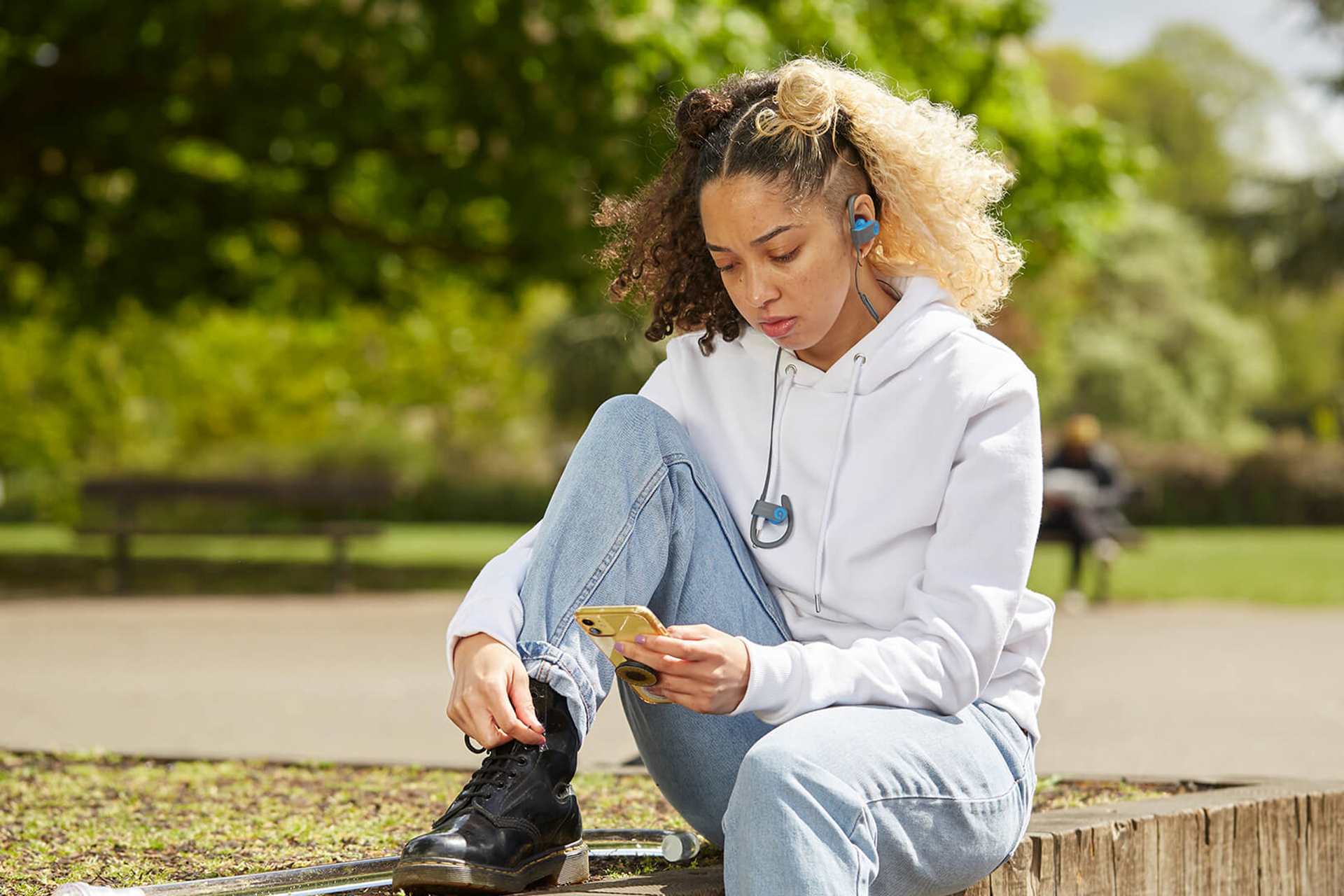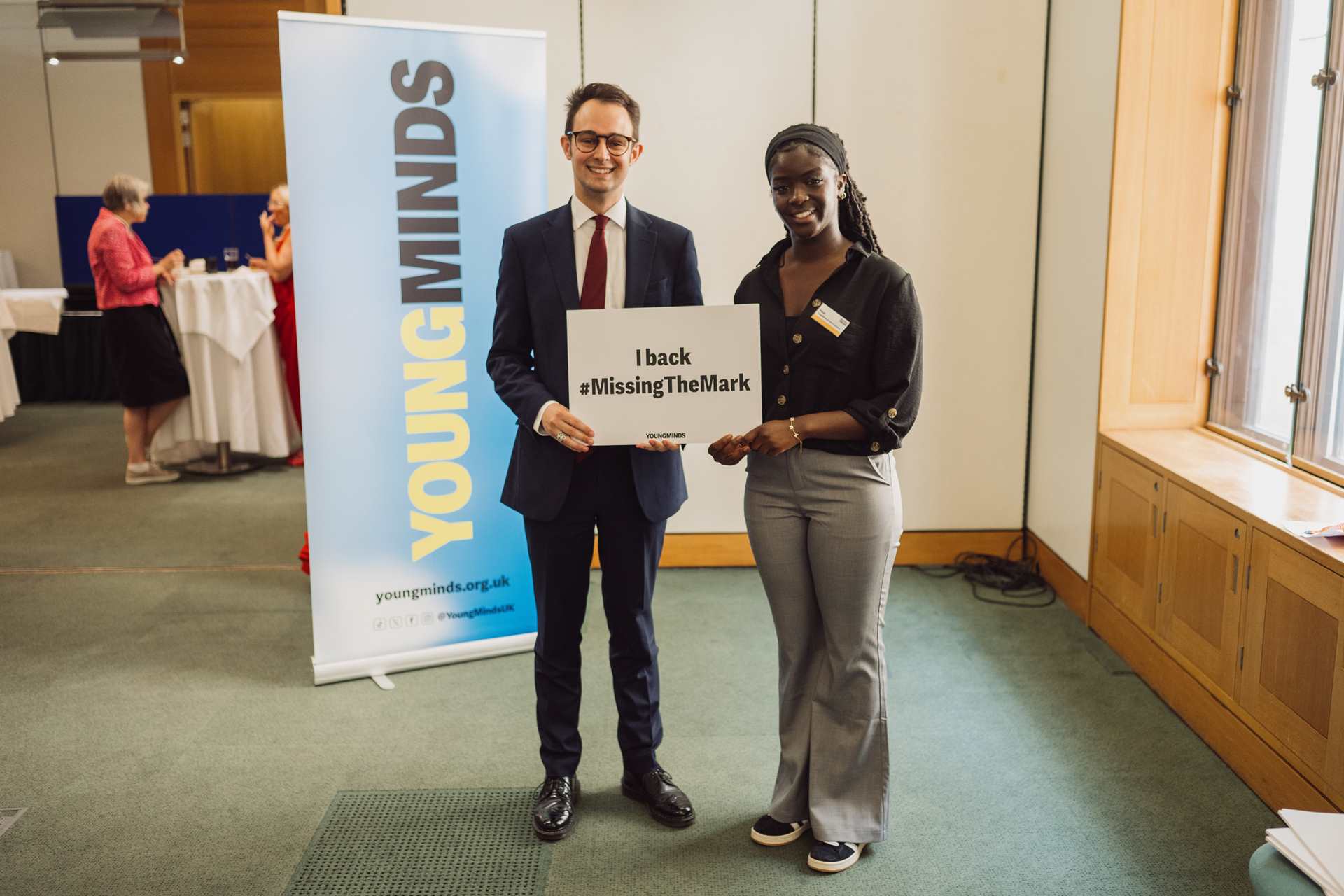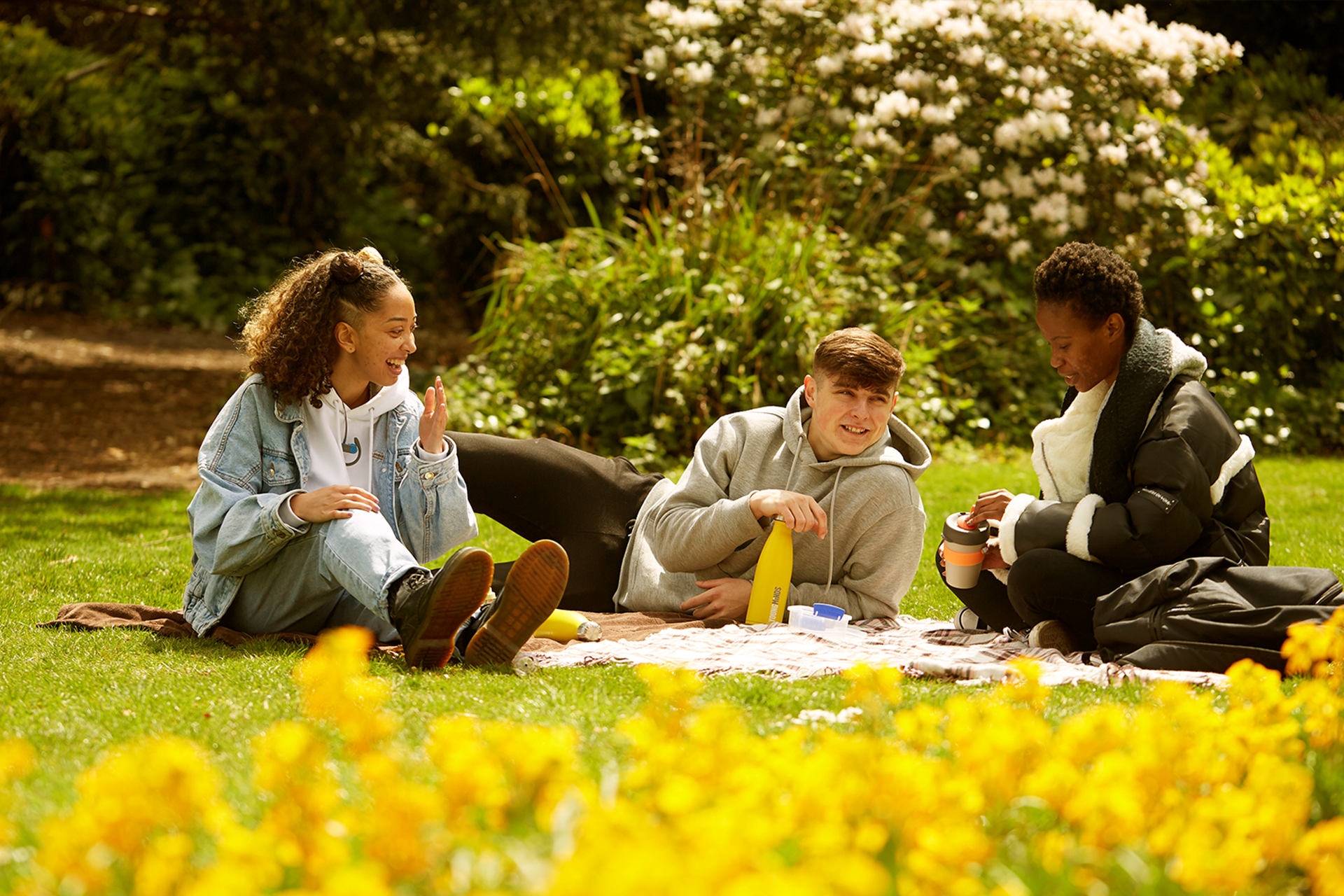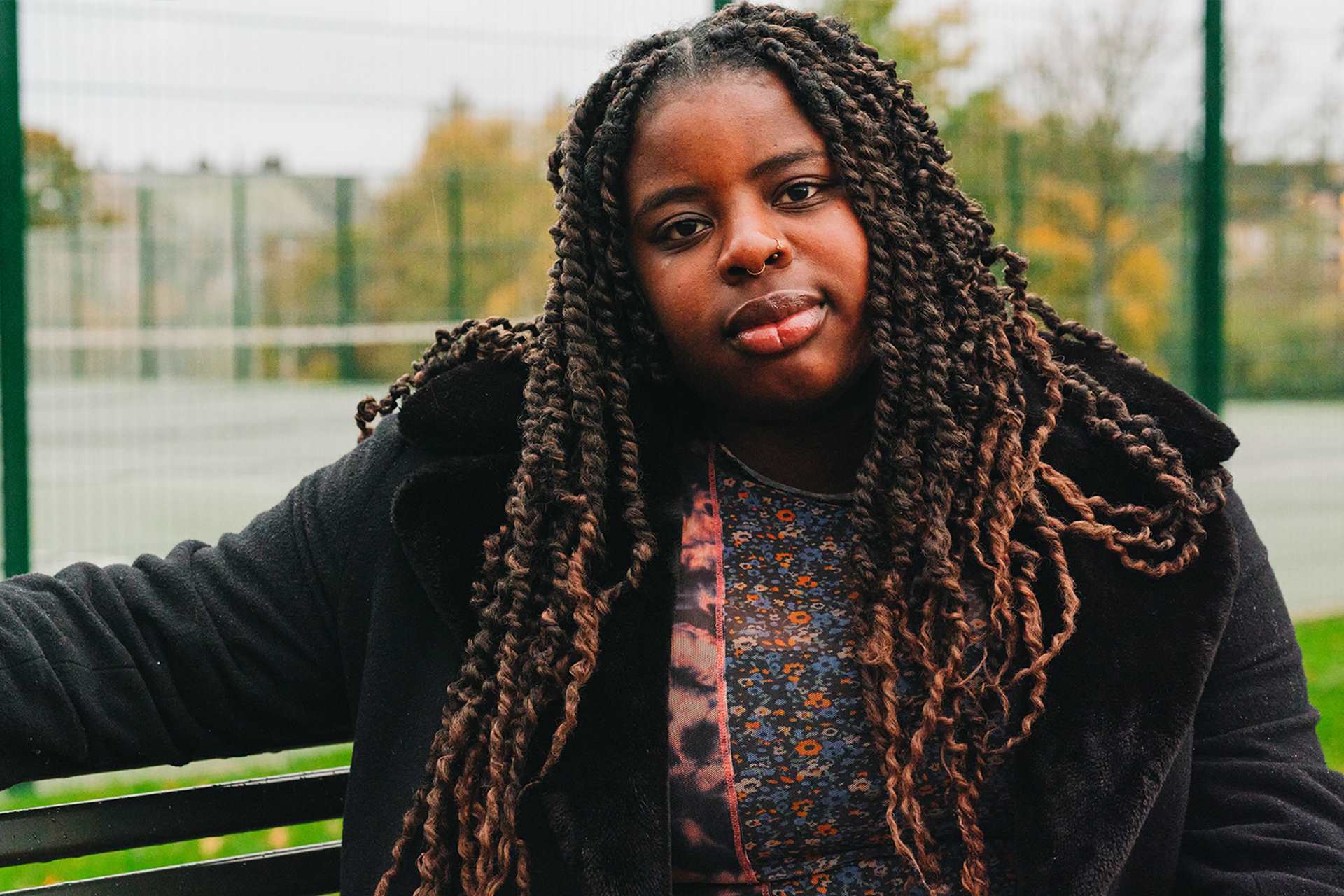Topics mentioned: anxiety, depression, looking after yourself at uni
About: University can be a worrying time, but when does it become a problem? Jasmine talks about her experience of anxiety at uni and what helped her cope.
It’s hard for me to determine the point when shyness turned into pathological social anxiety, but I’d say it was at least a decade ago, if not before that still.
School was extremely difficult for me because of it, but at least when I was a child I had some hope that when I reached adulthood and my circumstances changed accordingly (i.e. once I was no longer at school) things might change. I fantasised that I would one day become a confident, popular, happy person – perhaps this would happen at university, I thought.
That didn’t happen.
I fantasised that I would one day become a confident, popular, happy person – perhaps this would happen at university, I thought. That didn’t happen.
Trapped in a vicious circle of anxiety and depression, both of which had been present but untreated for many years and continuously fed into each other, the move to university only exacerbated the problems. Although I had been very unhappy for a long time, it was clear that the familiarity of home and my parents’ presence had, to a small extent, previously been protective factors.
Now, in an unfamiliar place surrounded by unfamiliar people, while other students were enjoying what they saw as their new-found freedom and independence, I was panicking about these new sources of fear.
The familiarity of home and my parents’ presence had, to a small extent, previously been protective factors.
Beyond freshers' nerves
Of course, it’s normal to feel a little nervous about starting university. But I was definitely beyond a little nervous – I was overwhelmed by anxiety. And unfortunately, it became apparent very quickly that I did not know how to cope.
A lot of my earliest memories of my time at university are of my experiences suffering from anxiety. Feeling so anxious at a night at the students’ union that I had to leave after a few minutes of just standing awkwardly at the side of the room. Feeling left out of the flatmate group within less than a week because I was too anxious to go out with them. Being too anxious to speak to anyone at a party in my flat and leaving after standing there awkwardly alone for five minutes, feeling very embarrassed.
These anxious experiences were intensely painful at the time.
These experiences, as you would expect, did not help my mood. To be quite frank, my first year at university was hellish. I was anxious, isolated, lonely, depressed. I had few friends and barely left my room unless I had to. These anxious experiences were intensely painful at the time.
Learning to cope
I think it’s important to stress that anxiety is not a choice, and people who struggle with anxiety are not simply lazy or failing to try hard enough. Anxiety can be overwhelming and debilitating, and uni life was particularly hard for me. BUT there is hope. I found some ways to help with my anxiety. Taking a few simple actions can help to reduce the sense of panic and its resulting sadness.
These are some of things that helped me cope:
-
Listen to loud music
This is the single most helpful thing that I did to cope. Music is life.
-
Go for a walk
I often went for walks in the evening as this was often when my anxiety was at its worst, and I found it quite peaceful.
-
Lose yourself in a favourite book
The escapism of Harry Potter never lost its magic for me, and losing myself in the corridors of Hogwarts always distracted me for a few moments.
-
The classic: reach out to your friends
Even if you feel alone at university, speaking to your friends elsewhere can still help. I spoke to old school friends and they provided companionship and laughter from afar.
Ask for help
Finally, the best advice I can offer is to ask for help. Anxiety is a very isolating experience, but you really are not alone. And as stressful and anxiety-inducing as seeking help can be in itself, talking to someone and receiving support is the only way to overcome it. It will not magically disappear, as I once naively hoped it would.
Anxiety is a very isolating experience, but you really are not alone.
Just remember, seeking help is a courageous act. And you are so, so brave for doing it. And even if you don’t feel able to seek help at this time, you are so, so brave for existing while living under the weight of anxiety. The world can be a terrifying place, but when you survive its harshest moments, you are at your strongest.
Where to get help
-
Shout
Text SHOUT to 85258.
Shout provides free, 24/7 text support for young people across the UK experiencing a mental health crisis.
All texts are answered by trained volunteers, with support from experienced clinical supervisors.
Texts are free from EE, O2, Vodafone, 3, Virgin Mobile, BT Mobile, GiffGaff, Tesco Mobile and Telecom Plus.
Texts can be anonymous, but if the volunteer believes you are at immediate risk of harm, they may share your details with people who can provide support.
- Opening times:
- 24/7
